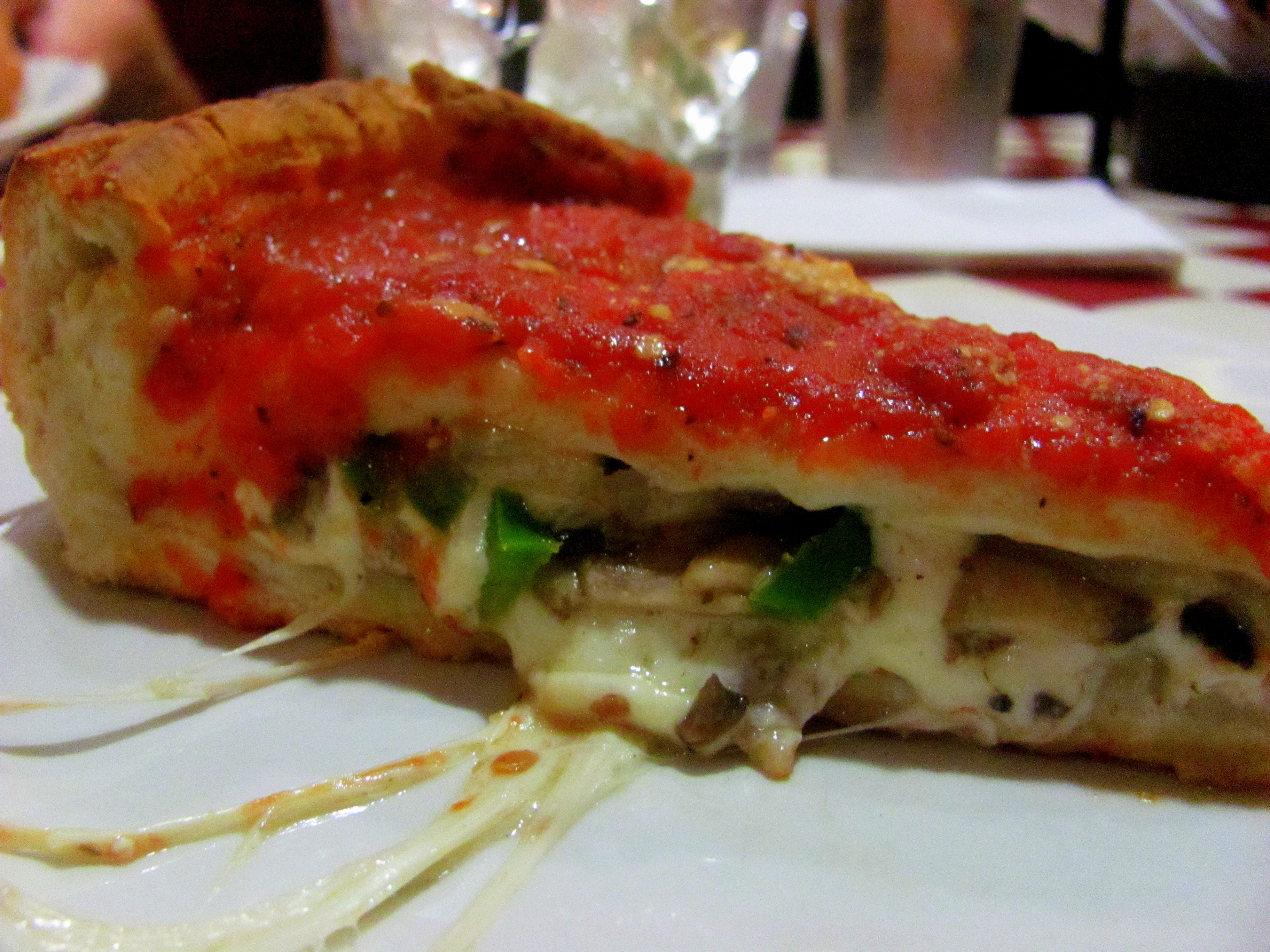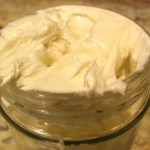
One of my favourite anti-health commercials on TV are the heartburn ones. My brother and I share a laugh while a woman is slapped by spicy spaghetti to prevent her from eating it and experiencing heartburn. The tagline asks, “Are your favourite foods fighting you? Fight back!” Why is this commercial so ridiculous? It’s the irony; if eating spicy, garbage food gives you heartburn then maybe, instead of “fighting back”… STOP EATING IT! Sometimes we take common sense for granted and, of course, using simple common sense would put Tums out of business.
Heartburn, however, can happen to everyone, not just the fast-food spaghetti crowd. My mother was diagnosed with GERD after complaining of a lump in her throat. Her doctor prescribed her proton-pump inhibitors and sent her on her way. I urged her to see her naturopathic doctor who looks at Gastroesophageal Reflux Disease (GERD, or heartburn) a little differently.
Our stomachs are full of hydrochloric acid (HCl), a strong acid that helps us break down proteins and fat. Our stomach lining is well-equipped to handle this high acidic environment, however our esophagus and intestine are not. GERD occurs when the acidic contents of the stomach come into contact with the lining of the esophagus, causing a burning sensation. This is due to relaxation of the Lower Esophageal Sphincter (LES), a little doorway at the bottom of the esophagus, which protects it from potential back flow of the stomach’s acidic contents.
Modern medicine believes that GERD is caused by high stomach acid. Therefore treatment comes in the form of expensive pills, called proton-pump inhibitors, which prevent the secretion of acid into the stomach, or over-the-counter calcium carbonate supplements, like Tums, that buffer the stomach’s acidity (and can also contribute to hypercalcemia and kidney stones). But wait: the acid in the stomach helps us digest food! What would happen if we didn’t have enough stomach acid? Well, we’d experience symptoms of compromised protein and fat digestion: diarrhea, bloating, constipation, skin problems and a general lack of energy, among other things.
Naturopathic doctors agree that too much stomach acid can cause GERD in some situations but that often, GERD is caused by the exact opposite: not enough stomach acid. When the stomach doesn’t produce enough acid, it takes longer for the protein and fat in the stomach to break down. Therefore, food spends longer in the stomach and has more of an opportunity to wreck havoc, even coming into contact with the lining of other structures: the esophagus above and the duodenum (the first part of the intestine) below.
So, taking proton-pump inhibitors and antacids, like Tums, would, according to this explanation not only not cure GERD but would make it worse by decreasing the already-low levels of acid present in the stomach. So, then, how do we treat GERD?
By following a naturopathic strategy:
– Determine whether your GERD is present because of high or low levels of stomach acid. A naturopathic doctor can administer a Gastrotest or submit you to an HCl challenge.
– Remove potential food triggers such as spicy foods, alcohol, coffee, chocolate or citrus (spicy spaghetti and chicken wings included), which can weaken the lower esophageal sphincter and exacerbate heartburn symptoms.
– Identify and remove dietary food sensitivities. This can be done via an elimination diet or an IgG Panel, both can be explained and administered by a naturopathic doctor.
– Tonifying the lower esophageal sphincter, to prevent the stomach’s contents from entering the esophagus. There are a variety of supplements that can achieve this, such as melatonin. Have your naturopathic doctor put together a regime for you.
– Restoring the levels of stomach acid by ingesting supplemental HCl and digestive enzymes at each meal. This process is best done under the supervision and guidance of a naturopathic doctor, and usually takes a few months before a proper acidic balance is restored.
So, my message to the Tums commercial girl? Put down your fork, dump those Tums and go eat somewhere else! (Then go see your naturopathic doctor!)
*This article is not meant to diagnose or treat any disease. For an individualized assessment, visit a licensed naturopathic doctor.






